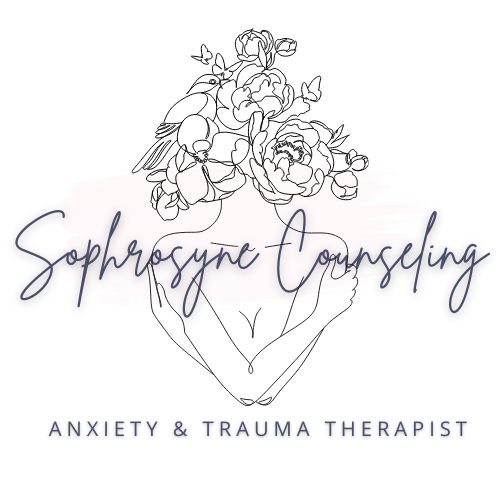WHAT IT IS BRAINSPOTTING
Brainspotting is a deep, brain-based therapy that provides healing at "warped speed." Brainspotting uses relevant eye positions to help us locate the area of the brain where emotional pain and trauma are stored. This allows the client to focus, process, and release the core neuro-physiological sources of emotional distress and unhealthy coping mechanisms. With the trauma released from the brain and body, clients can connect with who they truly are to reach their most significant potential.
WHO IT HELPS?
Whether you seek therapy for the first time or have spent years and years in treatment and keep getting "stuck," brainspotting can help. Brainspotting is a rapid and lasting therapy that can help you heal from the past, no matter the severity of your trauma.
WHAT IT TREATS
Brainspotting has proven effective for treating a wide range of emotional and somatic issues, although it is particularly effective with trauma-based situations. Some of the many issues that brainspotting commonly treats include:
Anxiety & Panic
Flashbacks
Childhood trauma
Low self-esteem
Unhealthy relationship patterns
Addiction
Nightmares
Phobias
Stress & trauma-related medical illnesses
Narcissistic abuse
Anger & rage
Guilt
Shame
Sexual Dysfunctions
Any physical or emotional trauma
Performance anxiety
OCD
Performance enhancement
And so much more!
WHAT IS TRAUMA?
Specific issues are easy for people to identify as "trauma." These might include war, physical abuse, sexual abuse, rape, car accidents, or witnessing a death. Unfortunately, there are many more subtle and less obvious ways that our brains and bodies can become traumatized and cause us to change our view of ourselves, others, and the world around us. Some of these might include, but are not limited to:
Being bullied as a child, prolonged rejection at home or by peers, unhealthy childhood family dynamics, sports injuries, loss of home or financial security, infidelity, humiliation, parental rage or substance abuse, emotional abuse, infidelity, and so much more.



